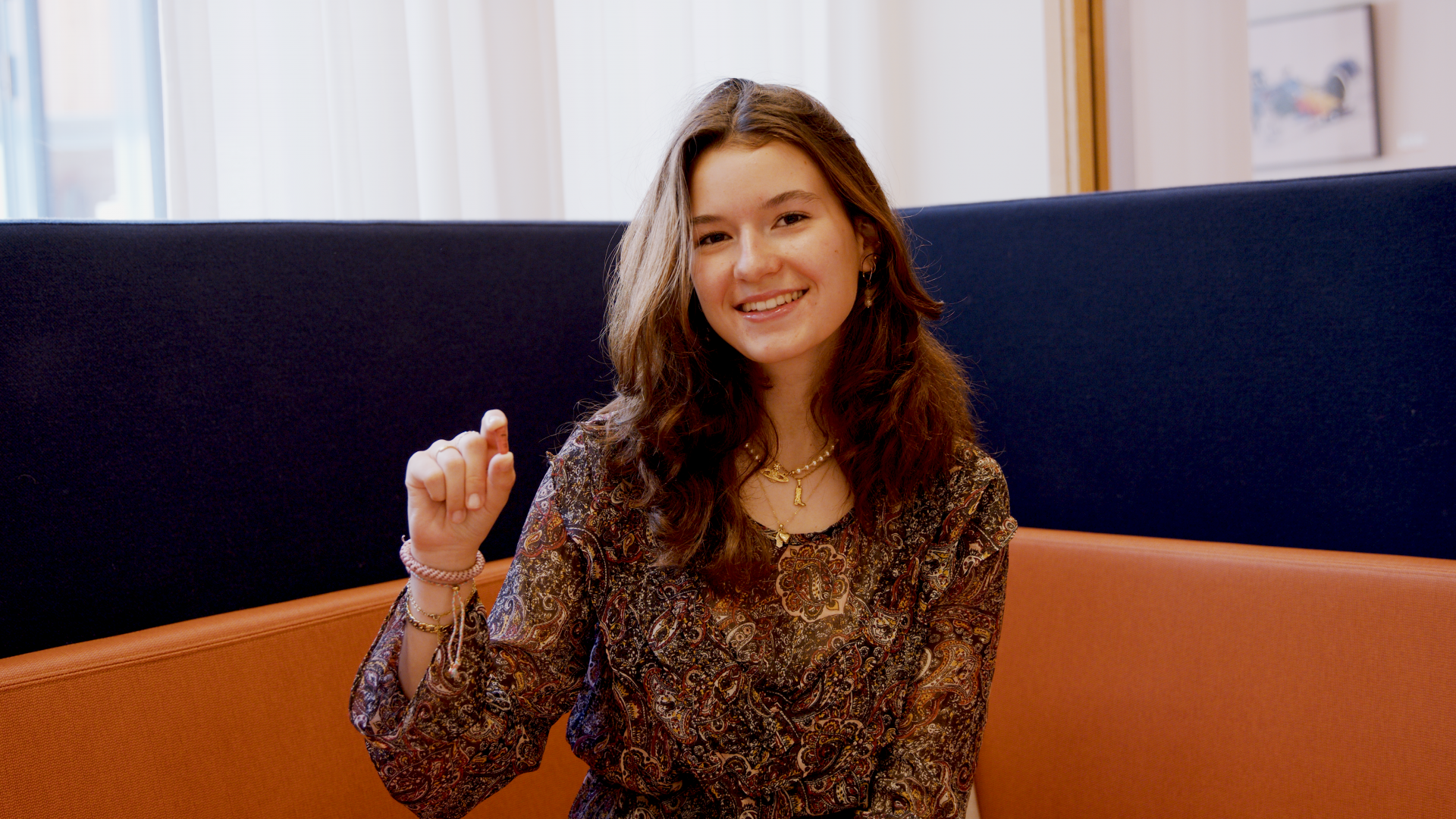
This article is part of Childhood Cancer Awareness Month.
Before new developments from scientific research can be put into clinical practice, they must be carefully tested to determine their safety and effectiveness. Clinical research looks at characteristics of the disease, new treatments or effects of a treatment. Research nurse Charlotte van Aart says: ‘Clinical trials are set up to investigate the effectiveness of drugs and which type or dose. Other trials look into questions like the effect of short term fasting during a kidney surgery. Some studies evaluate, for example, the experiences of parents, children and caregivers with the conversations explaining diagnosis and treatment.'
There are more than 100 different clinical studies at the Princess Máxima Center. Employees of the Trial and Data Center ensure that all (often international) clinical studies are properly organized and registered. The treatment protocols must be closely followed so that the outcomes are reliable and comparable. Once the results have been approved, new treatments may only be applied. The Máxima research nurses and coordinators fulfill a bridging function between research and care.
Guide
Before new treatments can be used, clinical studies must be conducted to determine their safety and effectiveness. Research nurse Charlotte van Aart explains: 'At the Máxima Center we are constantly working to improve the treatments through research. Of the 100 clinical studies, about 40 are called 'Phase 1 and/or Phase 2 studies'. Phase 1 studies looks into safety and Phase 2 investigate the efficacy of medications, such as chemotherapy. Children who take part in such a study are refractory (during treatment, the chemotherapy according to the regular treatment protocol does not work) or have a recurrence (the cancer comes back after treatment). Only those children in whom the treatment does not work (any more) are eligible to participate in a clinical trial with a new treatment. This gives children a new chance to be cured. Through their taking part, they help develop new treatments. As a specialist research nurse, I look after parents and children in such a clinical study.’
Charlotte explains how participation in a clinical trial works: 'The pediatric oncologist discusses a child's case in the Tumor Board, a large meeting in which doctors and researchers meet to discuss the children under treatment. He or she then decides for which clinical trial(s) the child is eligible. This often involves an experimental drug, if the existing treatment has not helped. Therefore, it is not yet certain whether the drug will be effective or what side effects there will be. Treatment as part of a clinical trial always takes place on a voluntary basis.'
Point of contact
The 13 research nurses or research coordinators at Máxima Center are the point of contact for parents and children in clinical trials. The pediatric oncologist has final responsibility for the clinical trial and tells parents and children what it involves. Parents and/or children always sign the informed consent form first. This is an information letter with a consent form, and in a Phase 1 or 2 study, that can be a lot of reading. We go through this information with parents and/or child and often have several conversations before taking part. 'We think it's important that they make an informed choice to participate,' says Charlotte. ‘After that, I explain the practical consequences of a clinical trial: how often do parents and child need to come, what will happen during the visit, when does the child receive which treatment and which medications? Throughout the entire process, which varies from a few months to a few years, I make sure that everything happens according to the rules of the clinical trial, for example, that lab and ECG tests are done on time.'
Study protocol
After her nursing education, Charlotte obtained a Master's degree in health sciences and received special training to become a research nurse. She says, ‘I love the contact with parents and children in 'my' clinical trials the most and I love organizing care during treatment. That's quite hectic. You guide a child and their parents through the Máxima Center and are present at every step: with the pediatric oncologist and at the laboratory, the pharmacy and the outpatient clinic. At the end of such a busy day I always check: 'Did I do everything that was needed for this study protocol? Were parents and children correctly informed? And properly supervised? Then I can get a breath of fresh air, on my bike ride home!'

